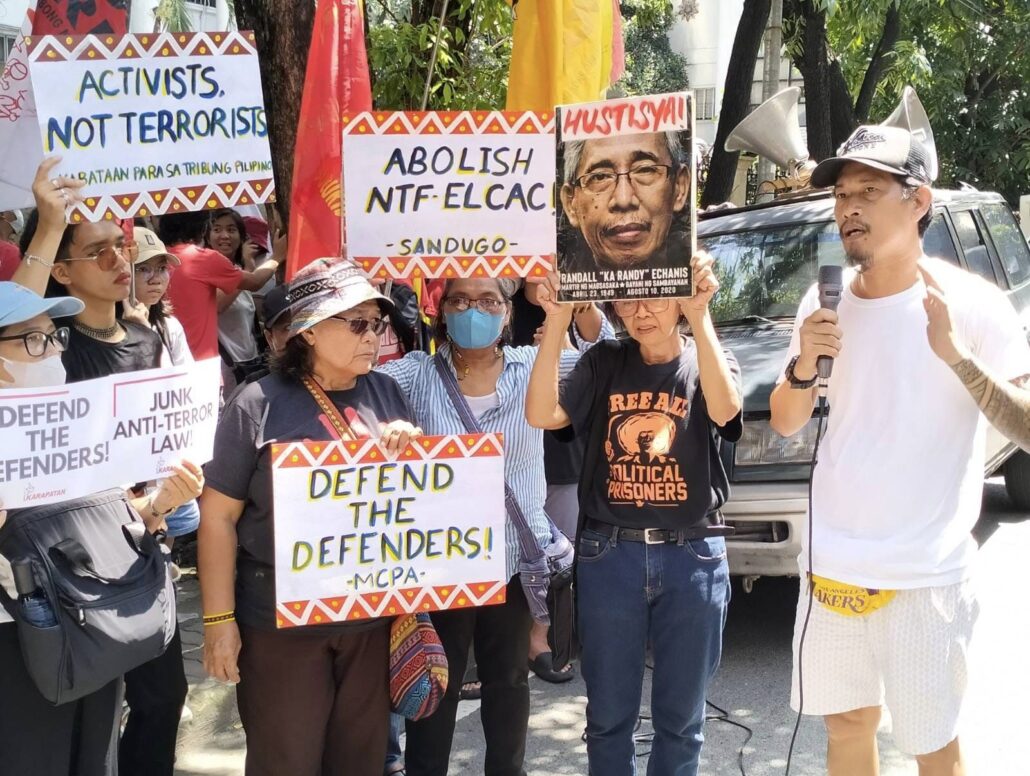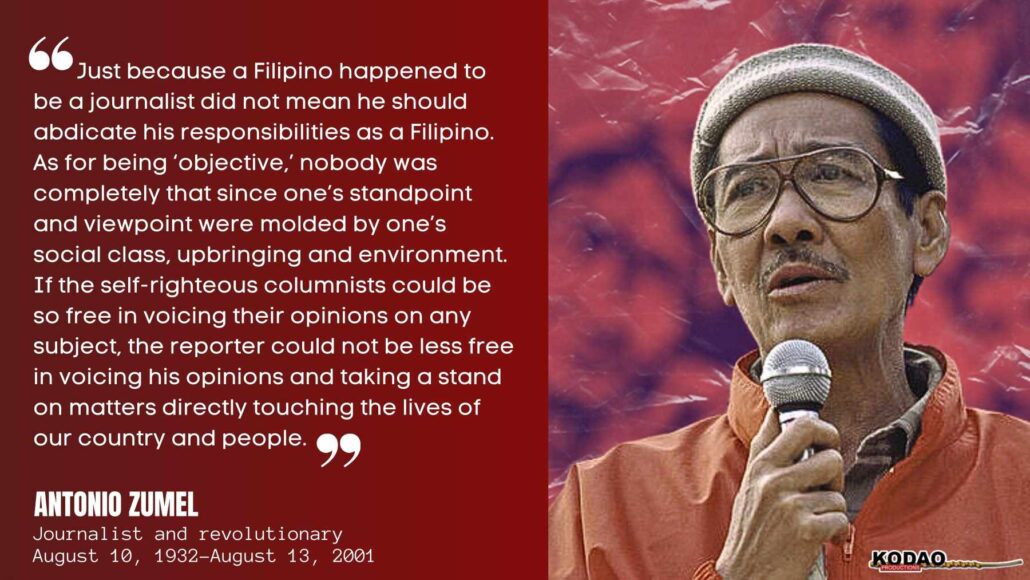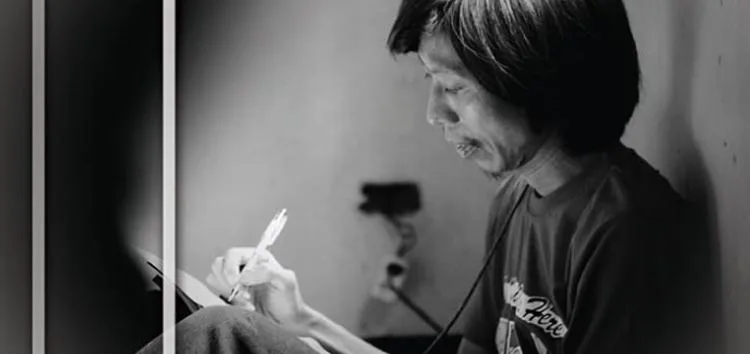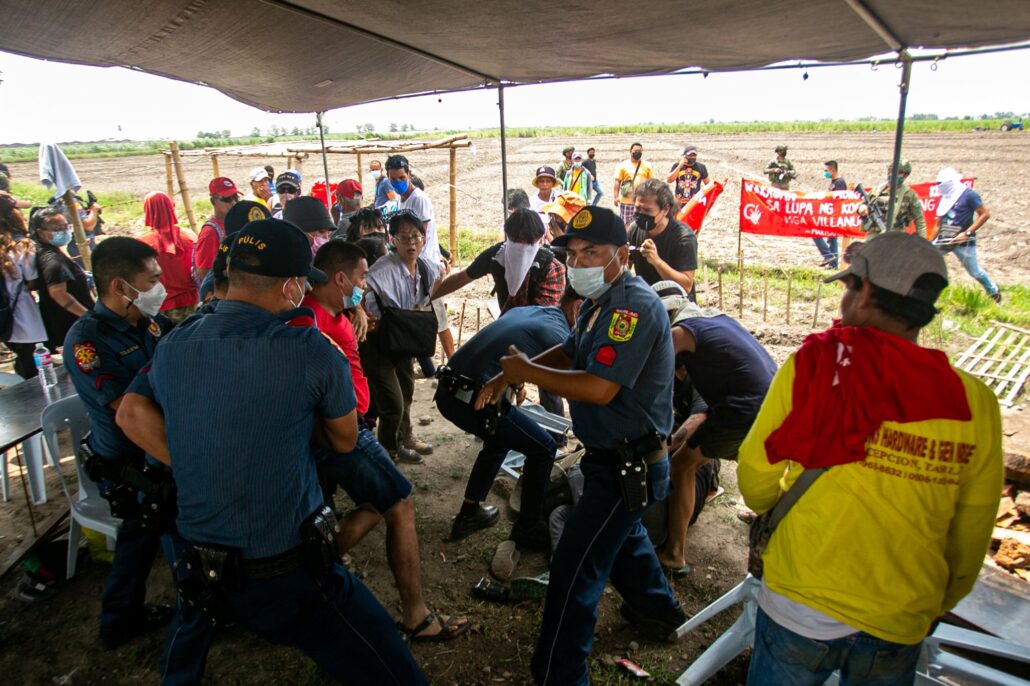GRP, NDFP announce possible resumption of peace talks
The Ferdinand Marcos Jr. Government of the Republic of the Philippines (GRP) and the National Democratic Front of the Philippines (NDFP) simultaneously announced the possible resumption of formal peace negotiations after the approval of a Joint Communique signed six years to the day after former president Rodrigo Duterte terminated the talks.
In a November 23 communique signed in Oslo, Norway, the parties said the development resulted from a series of informal discussions held in The Netherlands and Norway starting in 2022 between their respective emissaries.
The communique said the discussions were upon the initiative of former Armed Forces of the Philippines Chief of Staff Emmanuel Bautista who was personally welcomed by then NDFP chief political Consultant Jose Maria Sison.
The parties said the discussions were facilitated by the Royal Norwegian Government (RNG).
“Cognizant of the serious socioeconomic and environmental issues, and the foreign security threats facing the country, the parties recognize the need to unite as a nation in order to urgently address these challenges and resolve the reasons for the armed conflict,” the Communique said.
The document said both parties agree to a principled and peaceful resolution of the nearly 55-year old armed conflict.
“The parties acknowledge the deep-rooted socioeconomic and political grievances and agree to come up with a framework that sets the priorities for the peace negotiation with the aim of achieving the relevant socioeconomic and political reforms towards a just and lasting peace. Such framework, that will set the parameters for the final peace agreement, shall be agreed upon by both parties,” it said.
“Consequently, we envision and look forward to a country where a united people can live in peace and prosperity,” it added.
The communique was signed by Special Assistant to the President Sec. Antonio Ernesto Lagdameo Jr. in behalf of the GRP and NDFP National Executive Council member Luis Jalandoni.
It was witnessed by Presidential Adviser on Peace and Reconciliation and Unity Sec. Carlito Galvez Jr. and Bautista for the GRP.
NDFP Negotiating Panel interim chairperson Julieta de Lima and member Coni Ledesma witnessed for the NDFP.
RNG Special Envoy Kristina Lie Revheim also signed as witness.
Norwegian foreign minister Espen Barth Eide attended the signing ceremony held at the Oslo City Hall. Eide also affimed RNGs continuing commitment to act as Third Party Facilitator to the negotiations.
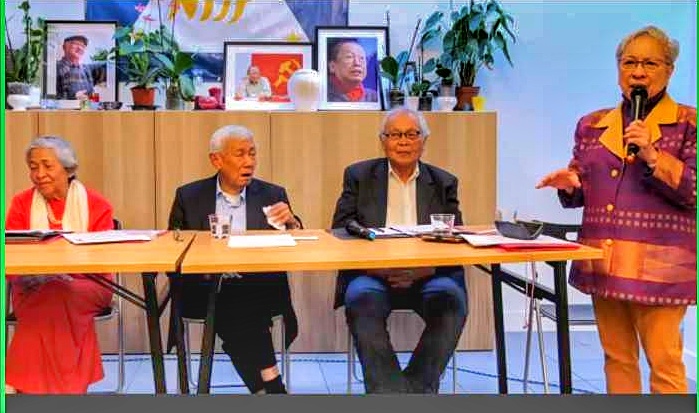
Working towards talks resumption
In an online press conference today, de Lima said NDFP’s resolve to pursue negotiations with the Marcos Jr. GRP stems from its determination to fulfill the people’s aspirations to address the root causes of the armed conflict.
“It is our goal that the peace negotiations would result in comprehensive agreement on social, economic, political and constitutional reforms and provide the solution to problems which have long burdened the Filipino people,” de Lima said.
De Lima said they would reconstitute NDFP’s negotiating panel and appoint new members before the resumption of formal negotiations.
Former NDFP chief negotiator Fidel Agcaoili died due to illness 2020 while panel member Benito Tiamzon was reportedly killed by the military in August 2022. NDFP chief political consultant Sison died due to illness last December.
De Lima said serious concerns must still be discussed, addressed and worked on by the parties, including, the participation of detained NDFP consultants in the peace negotiations; the assurance of safety and immunity for those involved in the peace negotiations; the general, unconditional and omnibus release of all political prisoners; and the abrogation of the unjustified terrorist designation of the NDFP, its panel members, consultants and others who are working for peace.
She also called on peace supporters to push the parties to pursue the negotiations and find ways to address the roots of the armed conflict in the country.
On the side of the GRP, Galvez led the announcement of the signing of the communiqué in a simultaneous press briefing in Malacanan Palace.
“Both sides have affirmed their sincere desire to achieve national reconciliation and unity under the Marcos administration, agreeing to resolve and further address socioeconomic and political issues towards achieving a peaceful end to the armed conflict and armed struggle of the CPP-NPA-NDFP (Communist Party of the Philippines-New People’s Army-NDFP),” he said.
The RNG Ministry of Foreign Affairs also announced the development in a statement.
“The Philippine government and the country’s communist rebels have agreed to restart peace negotiations after a six-year hiatus, with the aim of ending decades of armed strife,” its statement said.
“I would like to congratulate the government of the Philippines and the communist movement NDFP on their decision to start formal peace negotiations. This is an important and timely step towards securing lasting peace in the Philippines,” Eide added.
In his own remarks, Jalandoni said the NDFP had always been open and willing to negotiate with the GRP if it will be for the interest and benefit of the Filipino people.
He said the NDFP shall ensure the bilateral nature of the negotiations, the reaffirmation of binding agreements and negotiate on a framework of principles that will be mutually acceptable to both parties.
“We shall earnestly pursue the substantive agenda that will provide concrete benefits for the people, keeping in mind always that the roots of the armed conflict must be resolved,” Jalandoni said.
Prior to Duterte’s termination of talks in June 2017, the GRP and the NDFP were close to signing an interim peace agreement (IPA) that also included a stand down agreement; guidelines and procedures towards an IPA and the resumption of talks and its attached timetable, and the NDFP proposed draft of the amnesty proclamation.
Jalandoni added they will work for the removal of “impediments…incompatible with the aims and purposes of peace negotiations in good faith.
NDFP peace negotiator Asterio Palima was also present in the media briefing. He remarked that while Marcos Jr. issued Proclamation 404 granting amnesty to NDFP, Communist Party of the Philippines, New People’s Army and other groups, such programs should be the result of negotiated peace based on justice and addressing the roots of the civil war. # (Raymund B. Villanueva)

